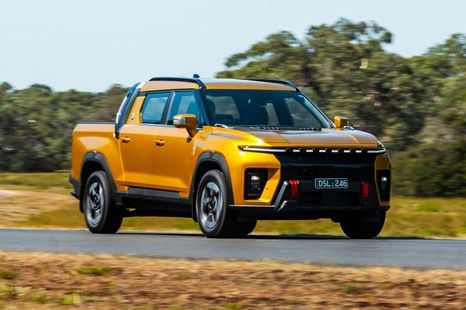

Ben Zachariah
2026 KGM Musso EV review
47 Minutes Ago

Contributor
Porsche could be producing its sustainable synthetic eFuels in Australia by 2026.
The German sports car maker has invested $US75 million to take a 12.5 per cent stake in HIF Global LLC, a company aiming to scale up eFuel production in Chile, the USA, and Australia.
Porsche’s investment is part of a financing round for HIF that also included Chilean company Andes Mining & Energy, and American companies EIG, Baker Hughes Company, and Gemstone Investments.
HIF and Porsche are currently looking at locations in northern Queensland, Victoria, and Tasmania for eFuel production.
“As you would expect, they’re locations where we think there is really good renewable energy resources, and with access to infrastructure” said Ignacio Hernandez, CEO of HIF Australia.
The current goal is to start construction in 2024, and start production in 2026. Although nothing has been locked in, HIF says it’s talking with the relevant state governments about partnering on the eFuels project.
Exactly how much a plant would cost depends on the location, access to renewable energy, and access to infrastructure.
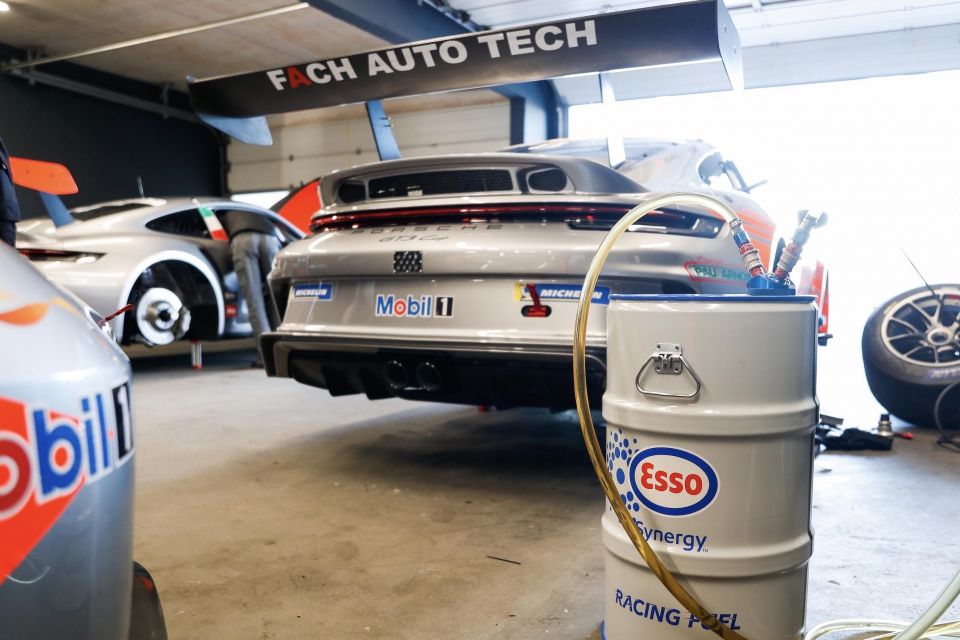
Mr Hernandez confirmed a plant capable of producing 550 million litres of synthetic fuel per year will likely require an investment around US$1 billion, however.
Along with its plant in Chile and planned Australian operation, Porsche and HIF are looking to the USA for a third eFuel plant.
It currently operates a pilot plant in Chile in partnership with with Siemens Energy, AME, Enel, and a Chilean petrochemical company.
Production kicked off in earnest earlier in 2022, and Porsche has plans to be producing 55 million litres per year by the end of 2024, and up to 550 million litres per annum by 2026.
Porsche is investing heavily in the technology as a way to help cut CO2 emissions from internal-combustion vehicles (planes, trains, and automobiles) as the world transitions to electric power… and a way to keep the 911 alive in its current form, or something close to it.
“Our participation in HIF Global is a long-term investment,” said Barbara Frenkel, Member of the Executive Board for Procurement at Porsche AG.
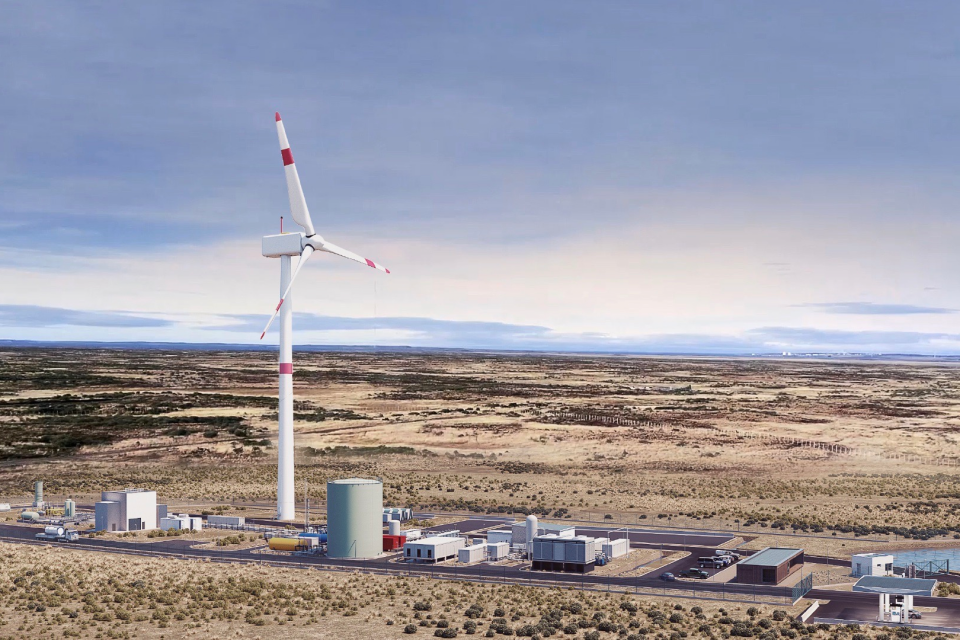
“The use of eFuels is of course of great interest to the automotive industry, but it is also attractive to the aviation and shipping industries.”
Compared to conventional fossil fuels, which have between 30 and 40 components, synthetic fuels have as few as eight. There are fewer nasties hiding in eFuel, so it’s better for engines and the environment. Porsche says it reduces emissions by around 85 per cent compared to today’s unleaded.
Having used renewable energy to split water into hydrogen and oxygen through electrolysis, the eFuel plants combine the hydrogen with CO2 captured from the air to create methanol, which is then turned into engine-friendly unleaded.
Along with sports cars like the 911, where noise and emotion are central to the experience, Porsche says eFuels can be used to help cut carbon in remote areas or less developed markets, where the transition to electric power will be slower compared to the world’s big cities.
How it will be distributed hasn’t been locked in. It’ll be used in Porsche motorsports categories, and Michael Steiner, Member of the Executive Board for Research and Development at Porsche AG, told media it could be mixed with more conventional fossil fuels at petrol station forecourts to help cut carbon emissions.
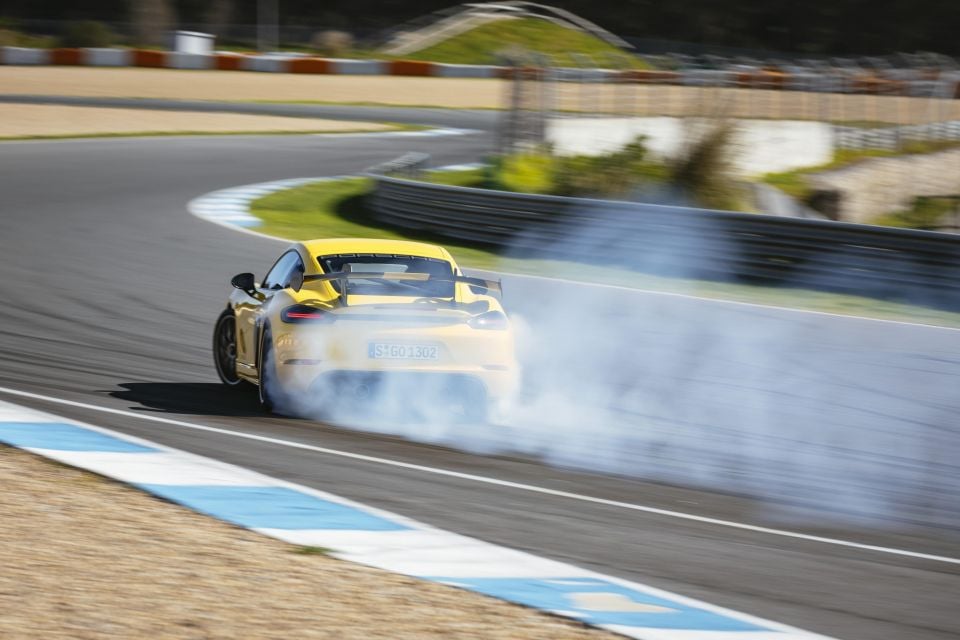
Porsche is targeting a wholesale price of $US2.00 per litre once production has ramped up, but how much it’ll cost the consumer will vary based on how governments decide to tax it.
“When you compare the price of eFuels with fossilised fuels, you have to see how much tax and levies go into both types,” Ms Frenkel said.
“As we see more and more countries move toward sustainability, you can imagine fossil fuel becomes much more expensive with extra taxes on – especially when you regard the CO2 footprint correctly. Government could also help make eFuels more attractive,” she told media.
“I think that is also a big driver, and a big supporter, for making it attractive to a variety of industries. “
Go deeper on the cars in our Showroom, compare your options, or see what a great deal looks like with help from our New Car Specialists.
Scott Collie is an automotive journalist based in Melbourne, Australia. Scott studied journalism at RMIT University and, after a lifelong obsession with everything automotive, started covering the car industry shortly afterwards. He has a passion for travel, and is an avid Melbourne Demons supporter.


Ben Zachariah
47 Minutes Ago


James Wong
48 Minutes Ago
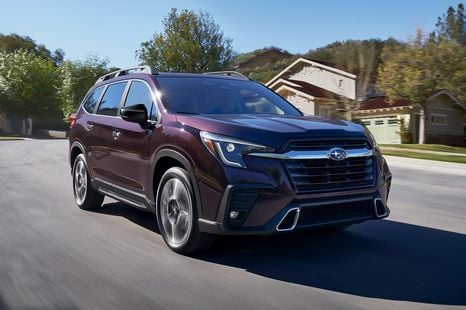

James Wong
48 Minutes Ago
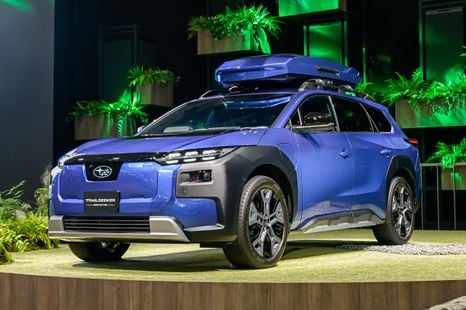

James Wong
48 Minutes Ago
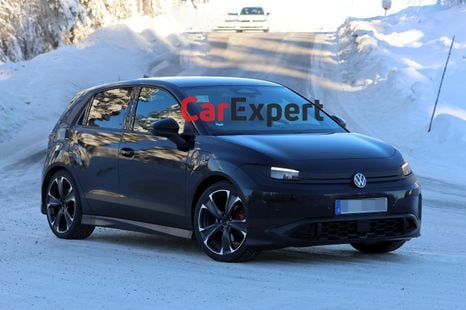

Damion Smy
7 Hours Ago
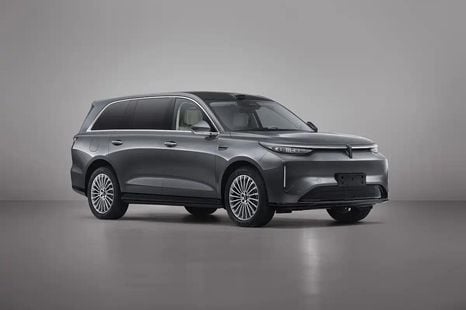

William Stopford
8 Hours Ago
Add CarExpert as a Preferred Source on Google so your search results prioritise writing by actual experts, not AI.